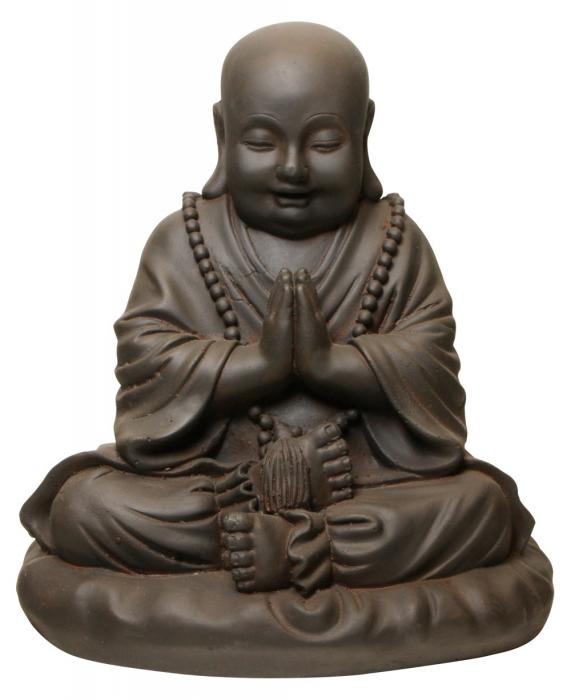Hey everyone. A friend that knows I enjoy homebrewing, sent me a link about fermenting coffee grounds. I was wondering if anyone has ever heard about this idea or has tried it. I am going to go down this rabbit hole, I will keep everyone posted. Here is a link from what my friend sent me. I am having trouble deciding what coffee to water ratio to use.
http://blogs.smithsonianmag.com/sma...used-coffee-grounds-into-booze/#ixzz2fklU9RvM
http://blogs.smithsonianmag.com/sma...used-coffee-grounds-into-booze/#ixzz2fklU9RvM




